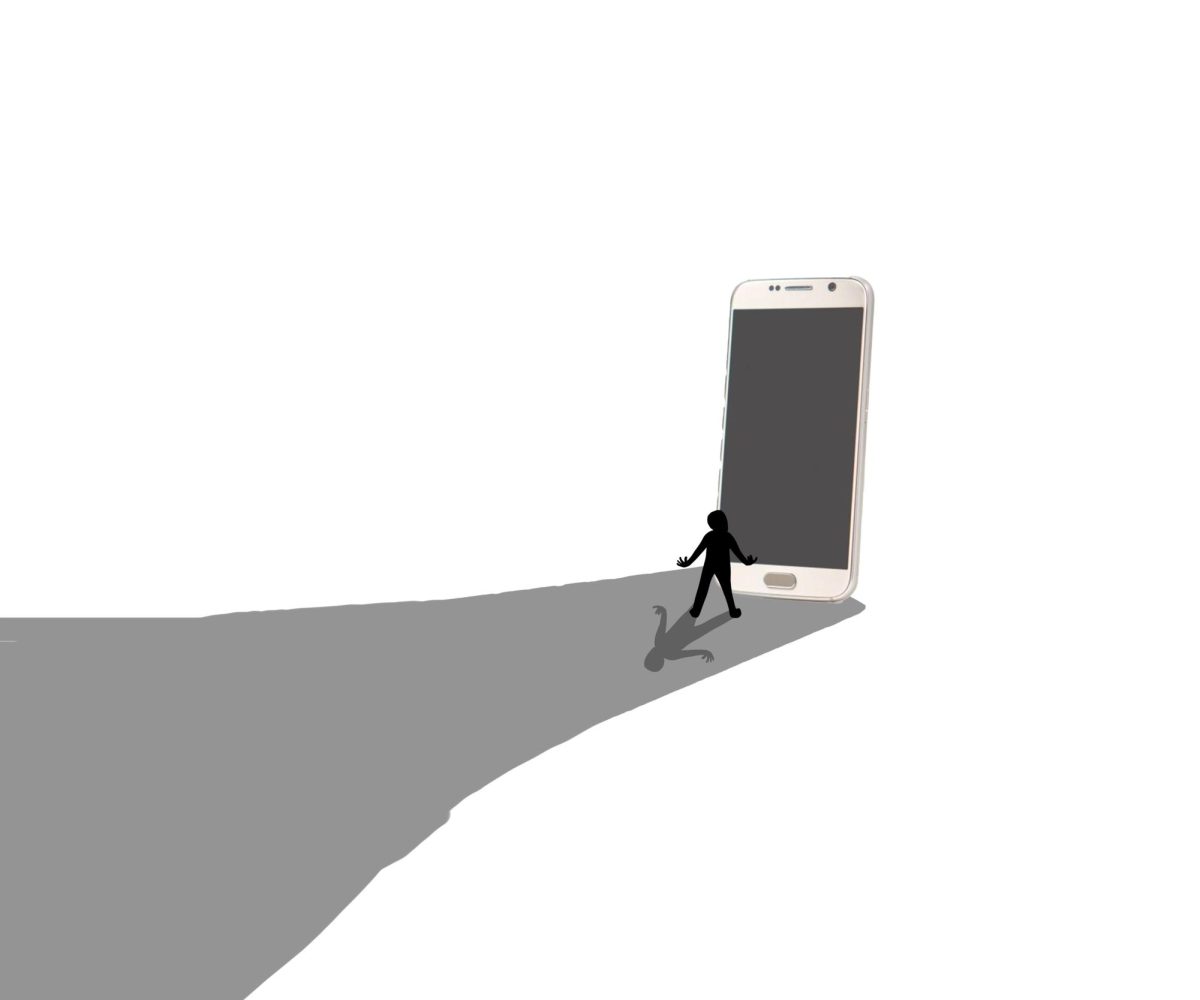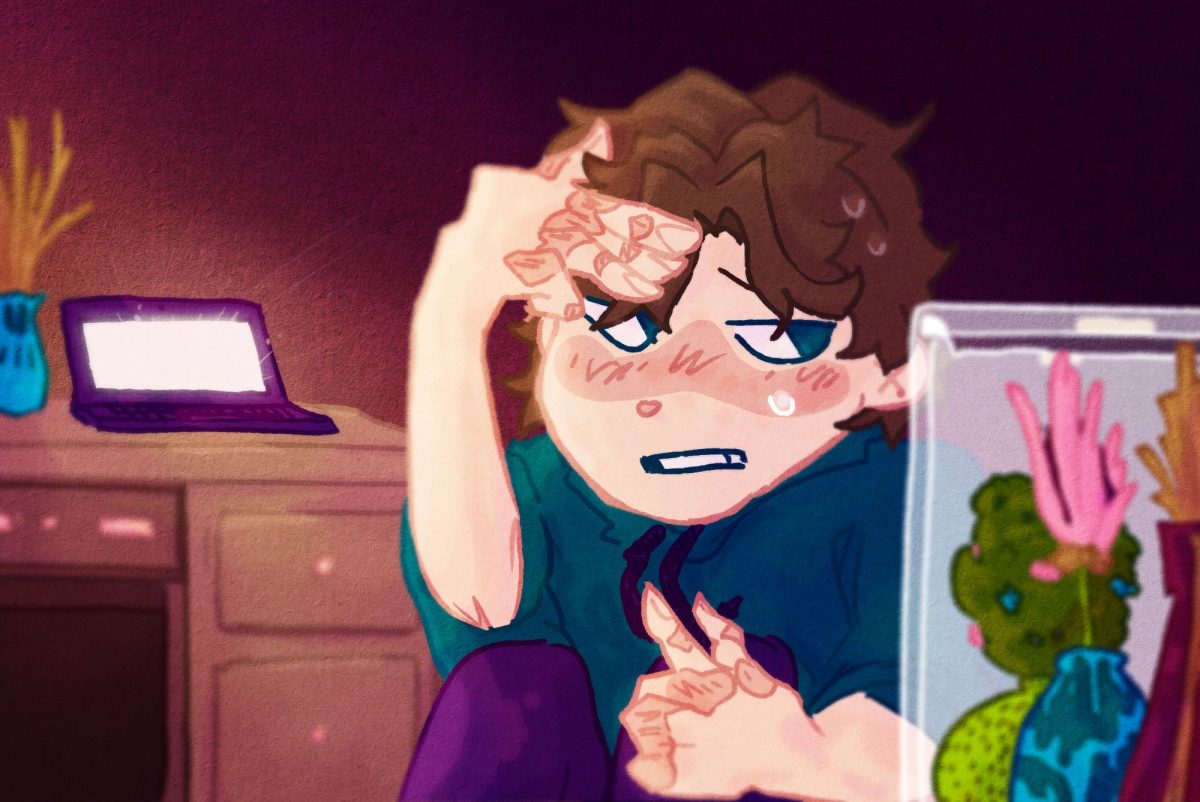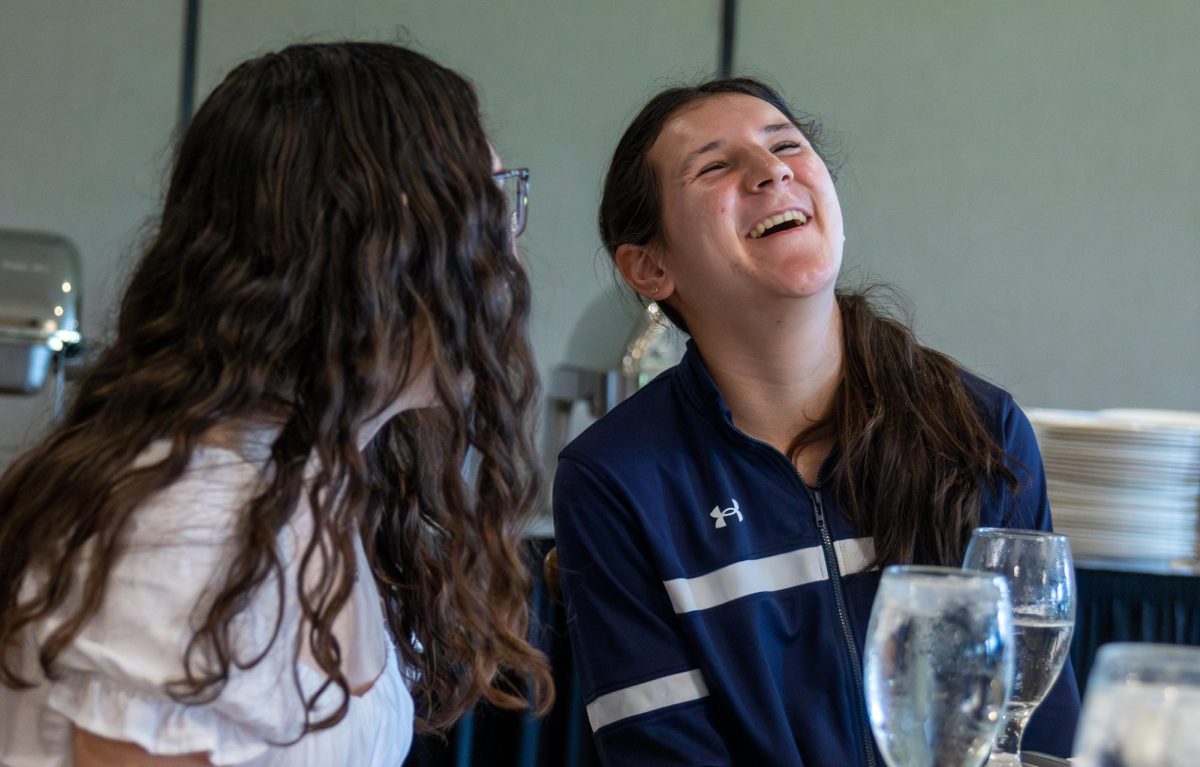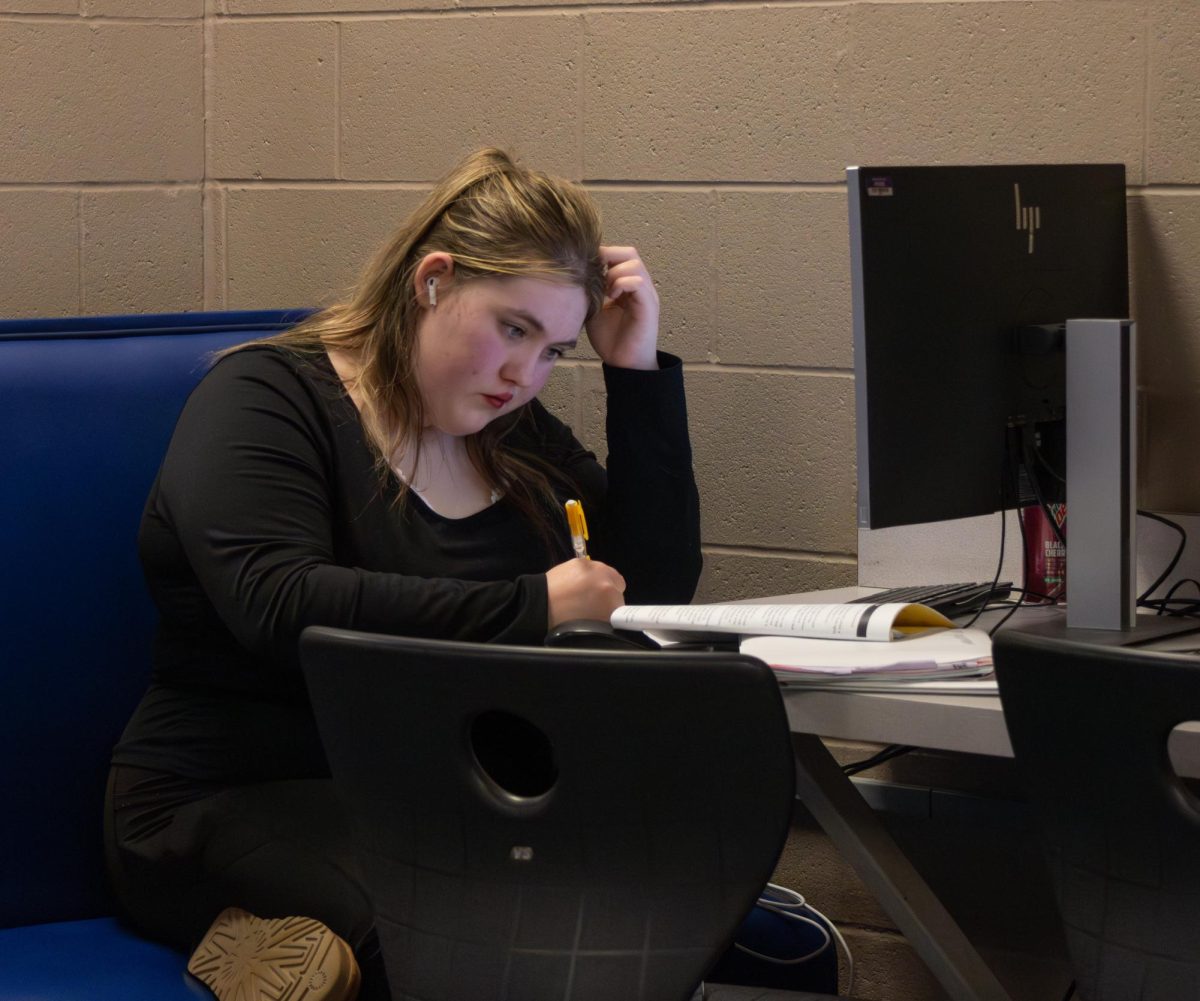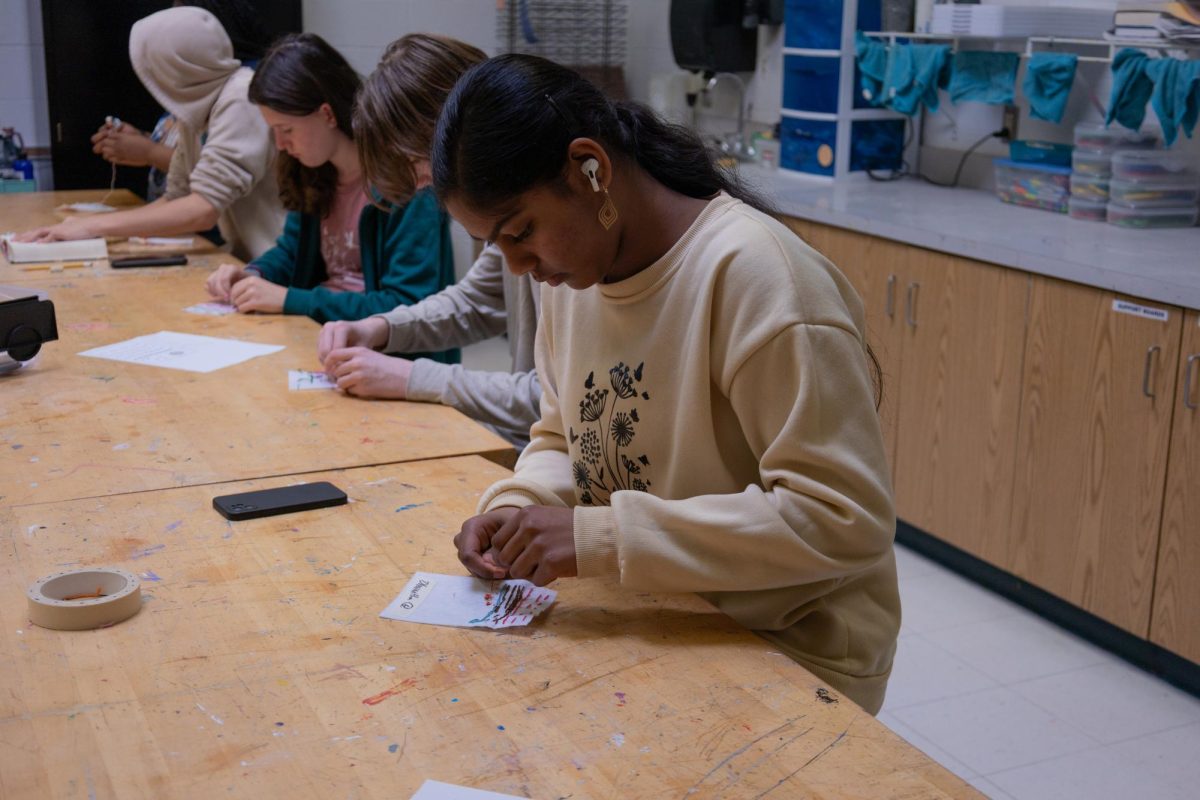Technology defines the lives of students in the 21st century. For many, they work all day on computers, and relax all night on their phones. For the typical student, it’s no exaggeration to say that without technology, their lives would be hindered in nearly every facet.
The average student’s perspective may be contrary to this, however; many find themselves longing for a break from the constant influx of work and news and entertainment. Students like sophomore Reed Veihman have extricated themselves from social media altogether, to alleviate the stress surrounding the most addictive form of technology.
“I just don’t find [social media] helpful,” Veihman said. “I get very nervous about the privacy aspect of it especially, I just want to make sure my life is secure.”
In light of a developing age of corporate data breaches and identity theft, privacy is one of many concerns students take with the pervasive integration of technology. Senior Alana Rittgers, who has yet to remove herself from the firm grasp of technology, takes greater notice of the way social media platforms can easily absorb one’s attention.
“I’ll find myself just sitting there scrolling through Instagram since my feed is so curated,” Rittgers said. “I’ll often just look at book recommendations or watch people do their makeup.”
Having an algorithm that feeds into students’ desires quickly creates a close connection with technology, often one where the user will seek out their phone or tablet to dissolve their stress into an imaginary fantasy.
“I’ve shut out a lot of stressful things on my Instagram feed,” Rittgers said.
This separation from the outside world is often intentional – the convenience of technology makes it a perfect escapist coping mechanism for a student’s anxieties. Despite its efficiency in this role though, this can serve to harm the user in the long run.
“We’d go on vacations a lot when I was a kid,” Rittgers said. “I wish I wouldn’t have spent so much of that time on a phone or iPad when I could’ve looked out the car window at the world around me.”
Rittgers is not the only one who tries to stay present and not so absorbed in the screens around her. Senior Shubham Sonavane feels the guilt associated with an overinvestment in his phone.
“I’d say my screen time is five to six hours a day, which I don’t love,” Sonavane said.
Sonavane’s usage is on par with the averages of most teens. At first glance, this relieves him of being considered the stereotypical “screenager” – however, it might bring the inclination that all teenagers are actually “screenagers”.
According to the American Academy of Child and Adolescent Psychiatry, children and teens ages 6-17 shouldn’t have over two hours of screen time per day, and yet average teenager screen times can vary from five or six up to nine hours daily. This is believed to lead to a variety of developmental issues, stemming from a lack of activity, poorer social skills, and worsened mental health. Coincidentally, these are being observed to be on a rise alongside screen usage.
That said, correlation is not causation. While it may have its pitfalls, the development of technology in the lives of young people cannot be stated as exclusively malicious. As they acknowledge their need to escape the stream of stimulation, students also see the value that technological advancements have brought to their lives.
“I do a lot of gaming, so things like my computer help me develop more friendships through what I play,” Veihman said.
The tech in students’ lives not only furthers their relationships, but it is integral to their success in school.
“I’ll use my iPad to take notes in school, and my laptop to do homework,” Sonavane said.
Personal devices and gaming consoles are some of many innovations beneficial to a student’s day-to-day. As new technology takes its place in the pockets, classrooms and livelihoods of society, there will ever be criticisms to be made and thanks to be given against and for these developments. As its impact on the wellbeing of students increases, it is important for students to find a comfortable balance between the screen and the real world.
“Technology can really absorb my brain and get in my head about things,” Rittgers said. “[But] I like to read and do other things to keep myself present and in the moment.”




